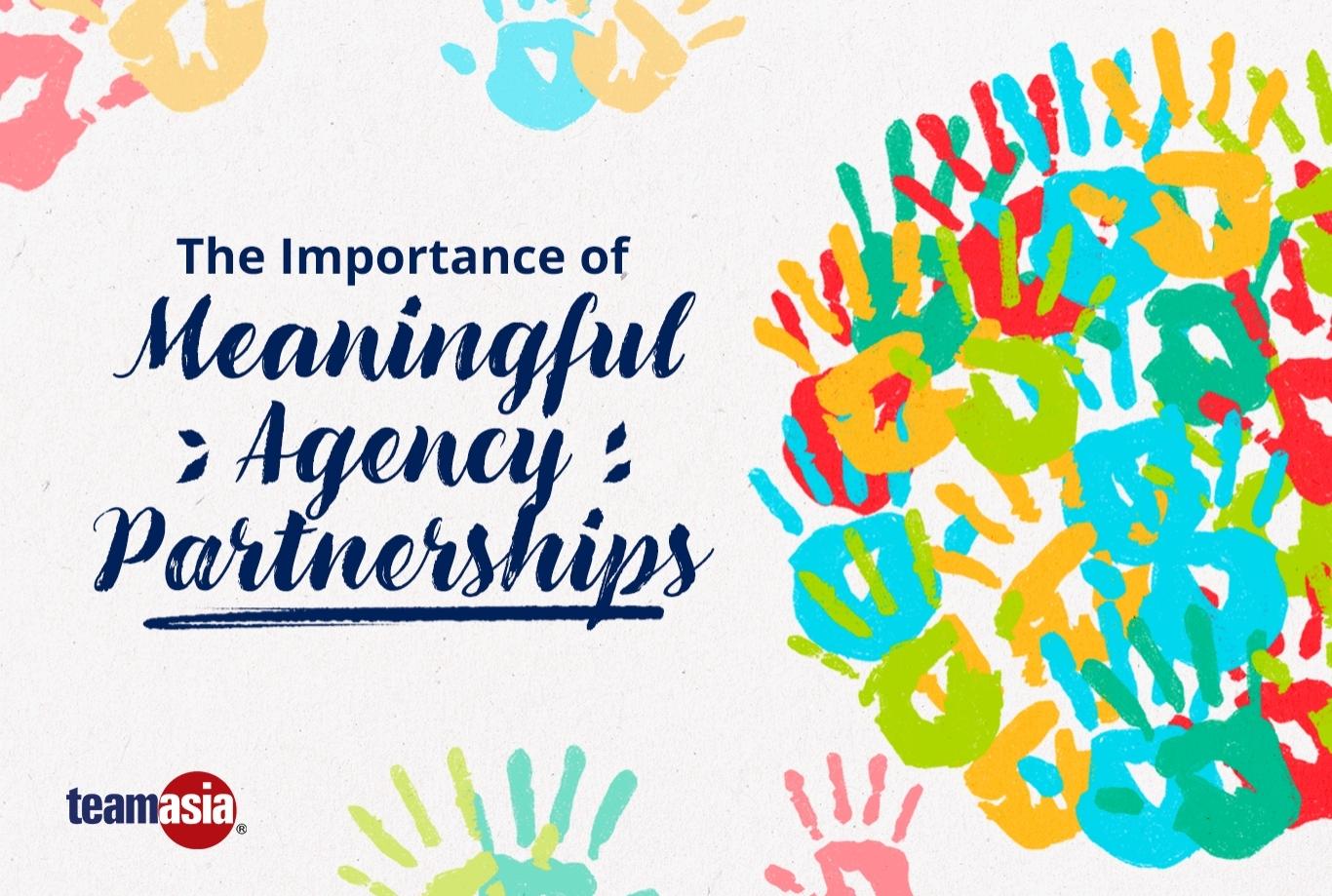Philippine IT-BPO industry can grow to $25 B, 1.3 M jobs by 2016
IT-BPO Road Map 2016 highlights that gains depend on stronger Public-Private Partnership and accelerated Talent Development
Manila, Philippines (October 26, 2010) – Philippine IT-BPO annual revenues could more than double to $25 billion–equivalent to a 10% share of the global market–by 2016, according to an industry road map released today by the Business Processing Association of the Philippines (BPAP). However, the road map’s authors highlighted that the industry must accelerate its talent development initiatives and obtain stronger government support to meet that goal. If it does, the IT-BPO industry could employ up to 1.3 million Filipinos and account for nine percent of GDP.
Dubbed, “IT-BPO Road Map 2011-2016: Driving Global Leadership,” the road map was developed by a joint venture between Everest Group and Outsource2Philippines in conjunction with the Business Association of the Philippines (BPAP) and its partner associations and members. Funding was provided by the Commission on Information & Communications Technology (CICT). Work on the road map began in August and was supported by extensive interviews of numerous industry stakeholders, a survey of over 200 outsourcing companies, and primary and secondary research.
“The study found that the industry can grow from $9 billion in annual revenues and approximately 500,000 direct employees today to $20 billion and 900,000 employees by 2016 if current conditions are sustained and with a lot of hard work,” Oscar Sañez, BPAP CEO said. “But the study indicates that we can grow at an even faster rate and achieve $25 billion and 1.3 million employees by 2016 if we can significantly strengthen our Private-Public-Partnership with the government, and improve both the quantity and quality of our talent supply.”
According to Gaurav Gupta, Everest Group’s Managing Partner (India), the Philippine IT-BPO sector is benefiting from strong global demand and numerous competitive advantages, but the industry and government can dramatically enhance the Philippines’ value proposition by working together more closely in key areas. “This includes initiatives in the area of educational and training incentives and reforms, enhanced visibility of the Philippine country brand internationally, and better appreciation among Filipinos of the opportunities available in the IT-BPO industry and the kinds of jobs that are being created.”
He added that increased visibility internationally is necessary to enhance awareness of the range of non-voice, complex services delivered from the Philippines and drive investment. Because the range of jobs being created by the industry is broad–and includes complex legal, financial, analytical, and other high-level work–more Filipinos will consider career opportunities in the industry, Gupta believes. “While traditional voice and IT services will continue to grow at a healthy pace, we believe that we will see even stronger growth in non-voice services.”
To support the expansion and development of the industry, the road map identified five priority activities for BPAP, according to its executive director for information and research, Gillian Joyce G. Virata. “Priorities include driving standards and accreditation to ensure a better match between the skills of graduates with the requirements of industry; more aggressive internal marketing of the industry to the local talent pool; strengthening awareness of the Philippine value proposition in IT, voice and non-voice BPO services in existing and new markets; advocating high impact public policies; and strengthening our Public-Private Partnership with government to fund key programs such as study-to-work training programs.”
The road map was developed in consultation with BPAP’s partner associations, including the Animation Council of the Philippines, the Game Developers Association of the Philippines, the Philippine Software Industry Association, and the Healthcare Information Management Outsourcing Association of the Philippines, as well as a many of the leading contact center companies who are members of the Contact Center Association of the Philippines.
Executives representing enabling sectors such as telecom, training and recruitment, and real estate management, as well as key government officials also participated in the development of the road map, according to Gupta.





